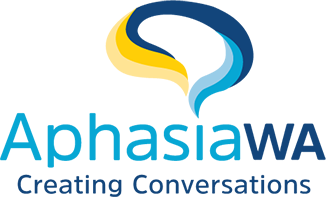Aphasia can be frustrating and isolating. Here you will discover that you are not alone. Below are the experiences of people living with aphasia in Western Australia. To find conversation groups and supports available in your local area, please visit our Get Support page. We hope to see you at one of our conversation groups soon.
Aphasia WA is also on social media. Please follow us on Instagram at @aphasia_wa and Facebook at @AphasiaWA
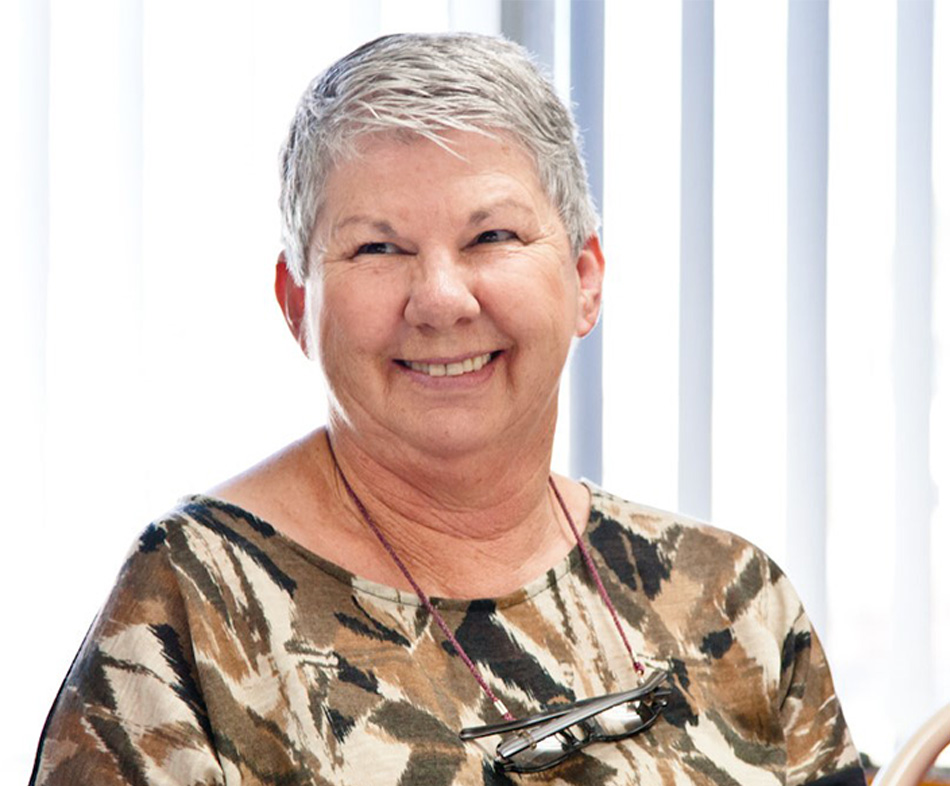
I have Aphasia
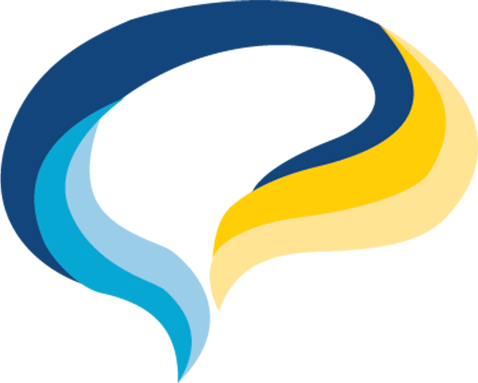
What is Aphasia
to you?
Bruce:
It’s difficult to define what it means to have aphasia because how people experience the condition is a little different for everyone.
Above all it is very frustrating and very isolating.
I find it difficult to word find and come up with the correct sequence of words in a sentence.
Following my stroke, the only word I could speak was “No”. I had to learn again to speak, spell certain words, understand the meaning of certain phrases, write and read both aloud and silently.
I know I am improving but it is very slow and frustrating.
My recovery from Aphasia is ongoing. The process is relentless, confusing, tiring and often unrewarding. But I will not give up as I can’t.
With perseverance and support, such as the conversation groups, I know that my speech will get better.
So my message is to always have hope and believe in yourself.
Jill:
It is difficult to quickly communicate my thoughts and ideas. Conversation is slowed because I have trouble finding the right words to use, because some of my brain has changed. When I am tired, I find it harder to find the right words. Some days I am very tired and must rest.
Cherylin:
Aphasia is difficulty maintaining conversations with a group of people.
Speed of communication is reduced and ‘keeping up’ is a problem, particularly in noisy places. Some words become tricky – they may be difficult one day but not a problem the next.
Aphasia reduces my self-confidence and I can be reluctant to engage in discussions. It is very tiring and sometimes I have to tell others to stop talking! This is usually my husband who speaks non-stop.
It is very frustrating and at times I become despondent at my ‘stupidity’. However, my speech is improving and so is my spelling (I hope!).
Jenny:
Aphasia to me means I can’t find the correct word to explain something. The process of finding the correct word is absent or slowed down when I’m fatigued. Aphasia is frustrating when in your mind you know what you want to say but you are unable to say it. Speech is affected by fatigue and trying to find the correct word also adds to my fatigue. When my speech is bad I tend to switch off from the conversation and not take part, but just listen instead.
Margaret:
Aphasia means my brain doesn’t work. I can’t say what I am thinking. I was often the talker in a group and kept conversation going. This is now more difficult.
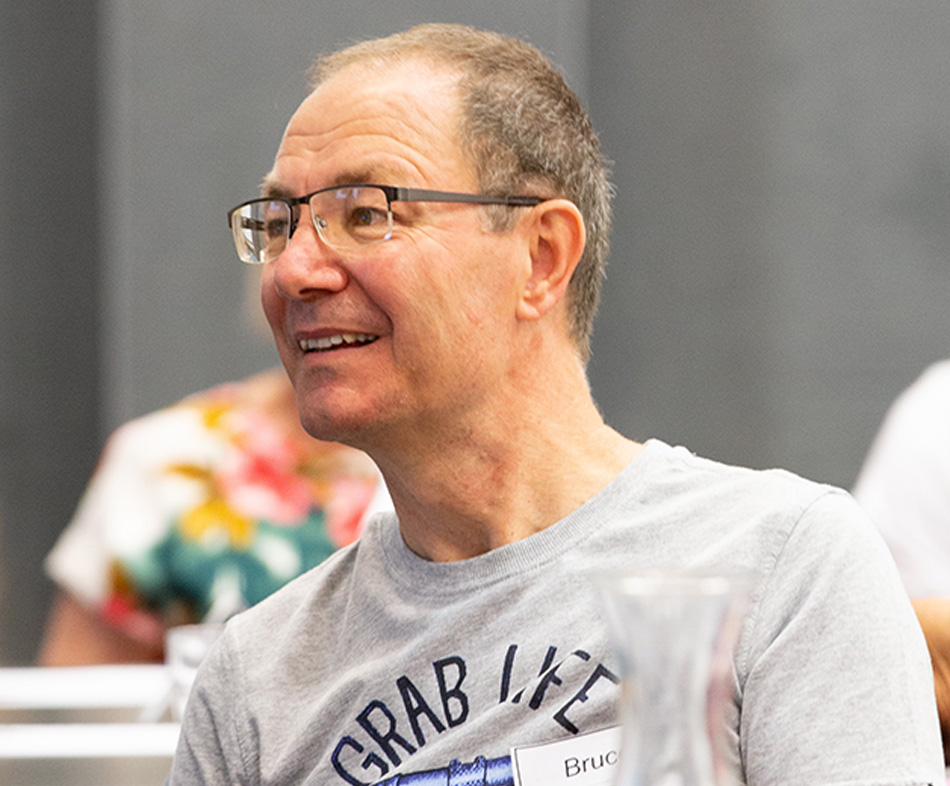
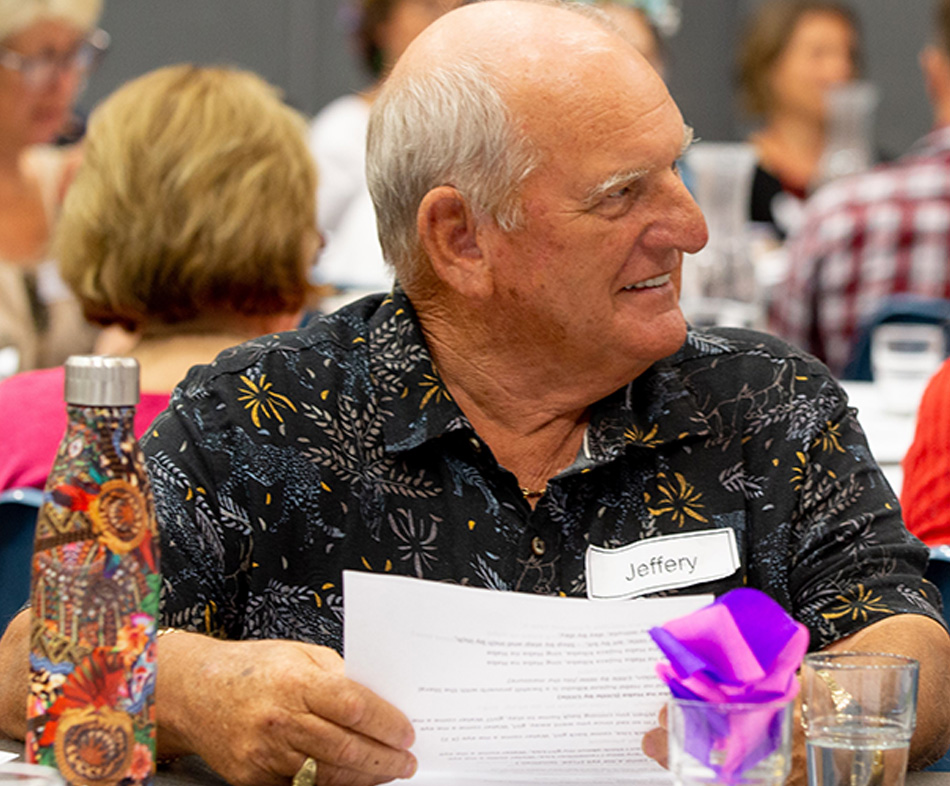
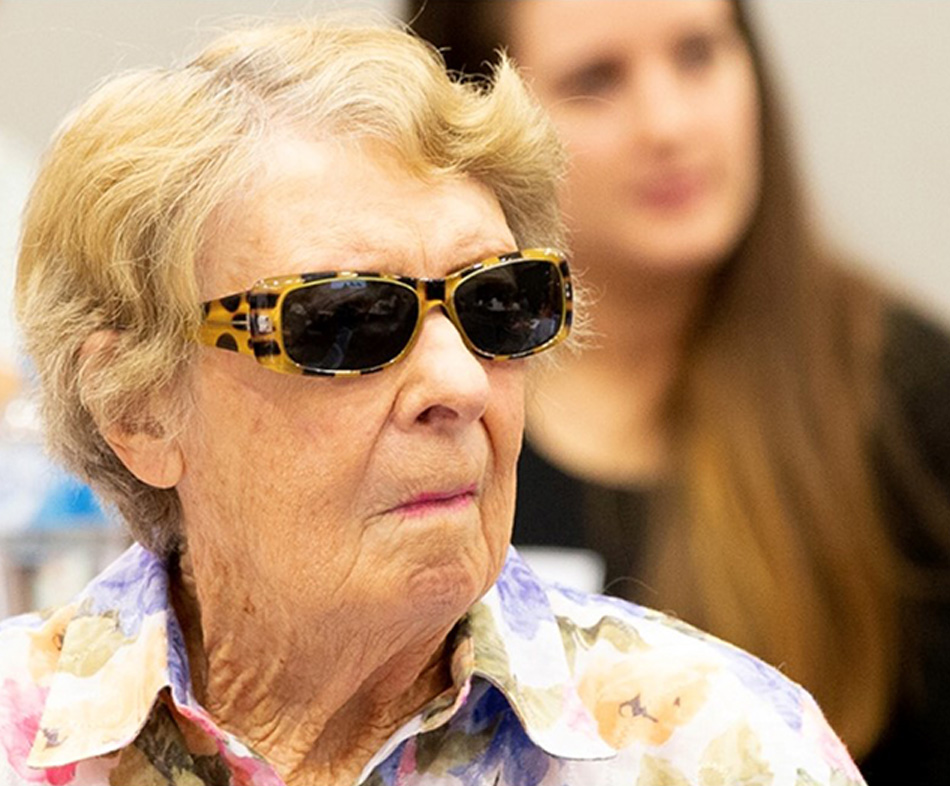

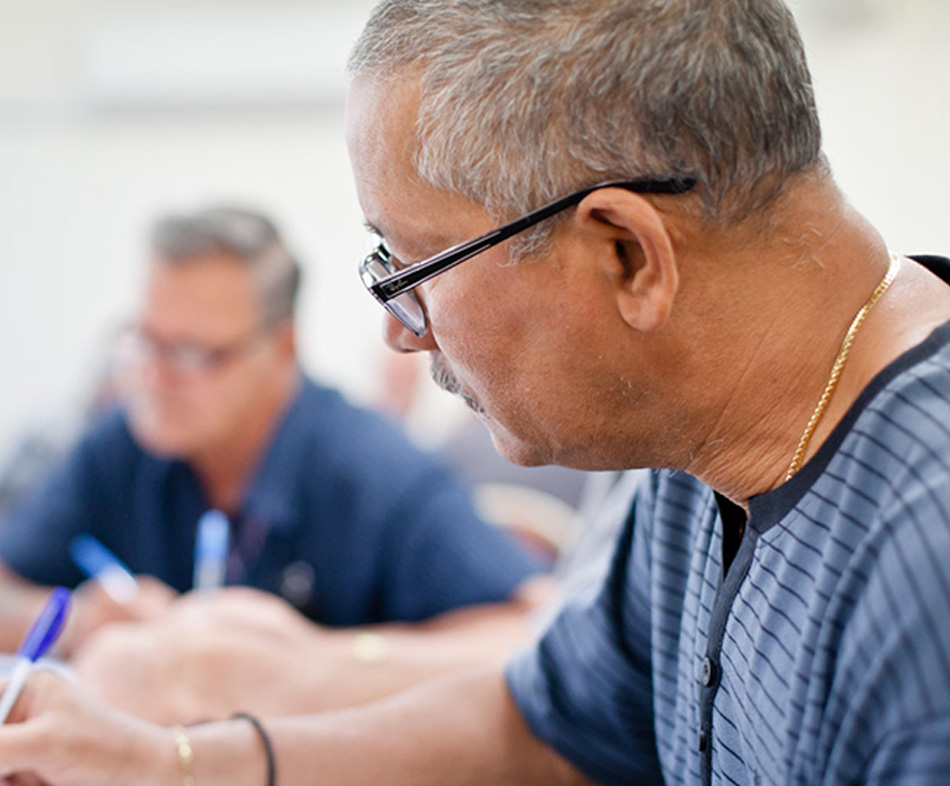
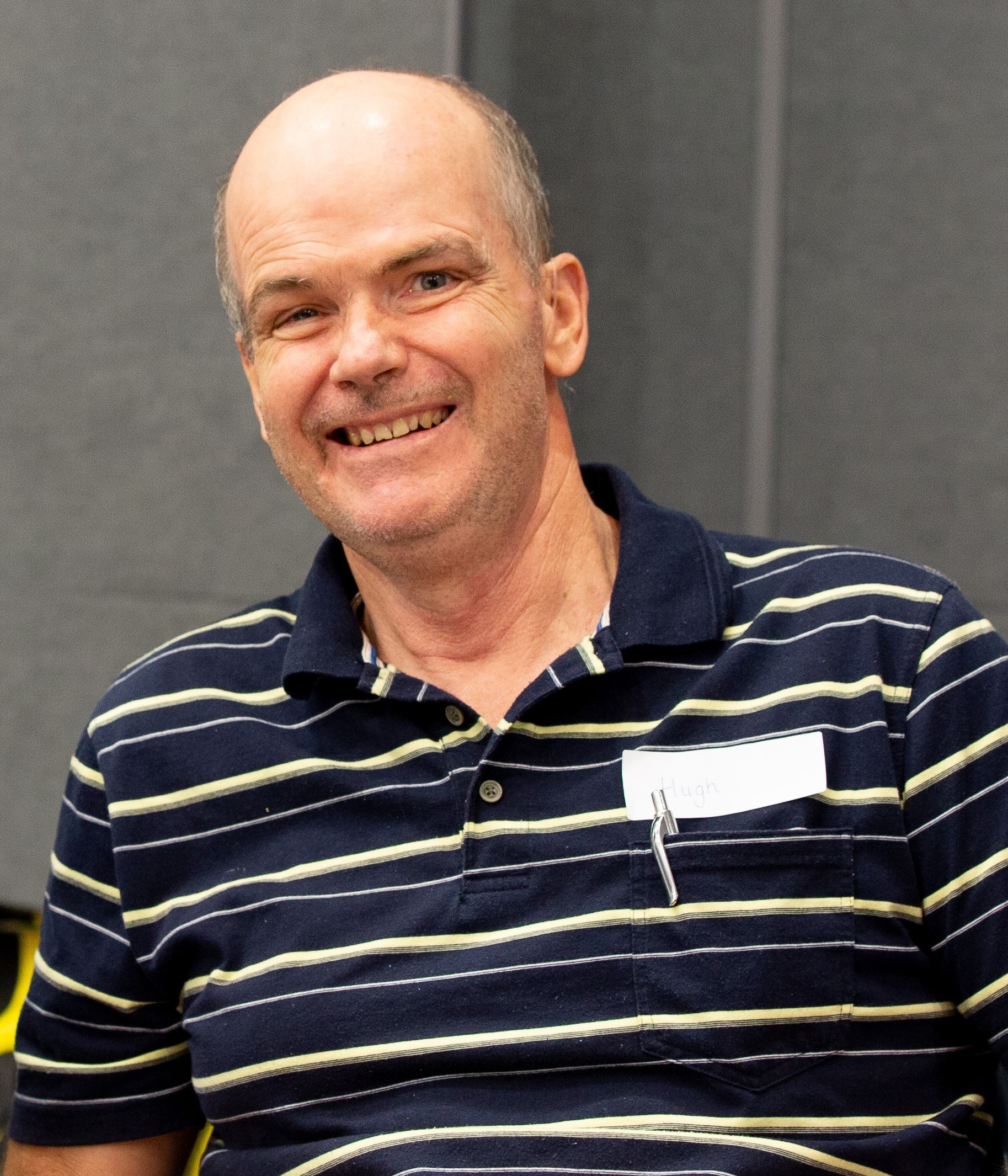
How does Aphasia affect your family or friends:
Jill:
They accept that I will take time to complete the conversation and that I want to be included.
Cherilyn:
My husband is sometimes saddened by the struggle I go through to articulate my thoughts and to communicate effectively. He has to curb his inclination to express my words and talk for me! My son is entertained by the silly words that come out of my mouth. He finds it quite hilarious! Most others are very supportive, patient and kind.
Jenny:
They are mostly understanding and allow me to find my words without interruption. When I become frustrated they are positive and will help me find the correct word usually only when I say “help me please”.
Margaret:
They listen more and harder. They anticipate what I am thinking and help out more with thinks like phone calls and attending appointments.
- Aphasia introduction cards (also known as Aphasia ID cards or a Communication Licence) can be a useful tool for people living with aphasia. You can make your own on-line or purchase one ready-made. These organisations have produced aphasia introduction cards:
- The Australian Aphasia Association: https://aphasia.org.au/
- The National Aphasia Association (USA): http://aphasiaid.com/
- Stroke Association UK:https://www.stroke.org.uk/what-is-aphasia/communication-tools
- The National Aphasia Association (USA) has many useful links to resources including online aphasia communities: https://www.aphasia.org/.
- The Aphasia Recovery Connection (USA) hosts on-line groups https://www.aphasiarecoveryconnection.net/
- Aphasia Software Finder is a website that has information about apps and software programs in the English language for people with aphasia https://www.aphasiasoftwarefinder.org/
Get Support at one of our conversation groups. Click here to learn more

